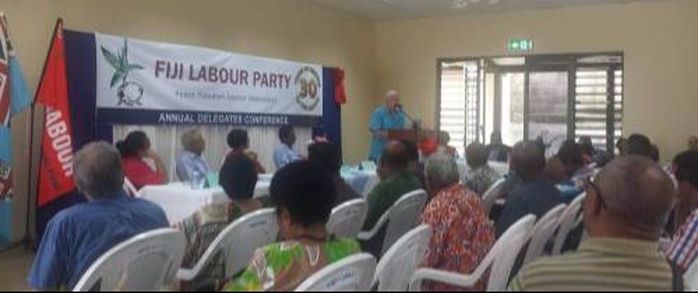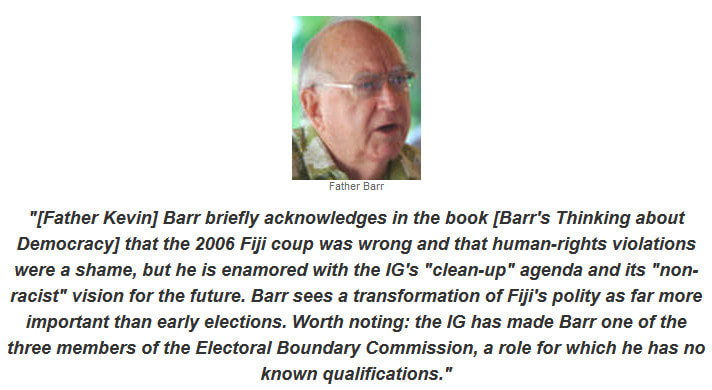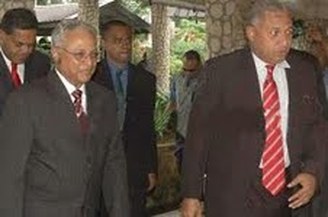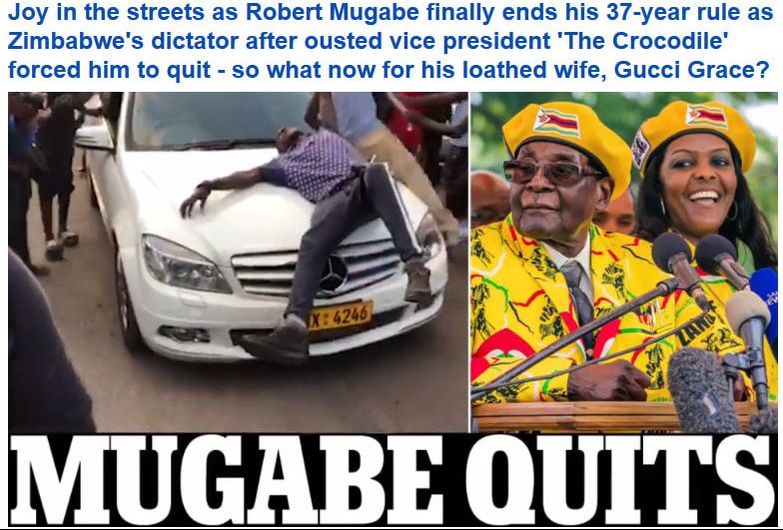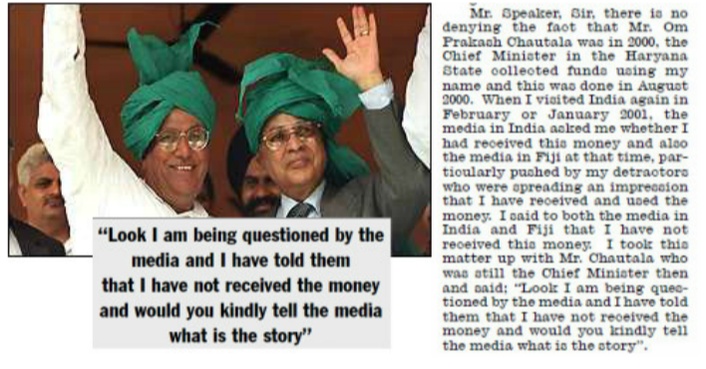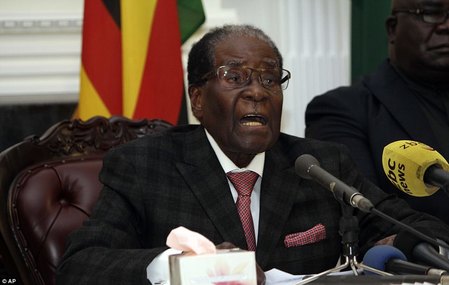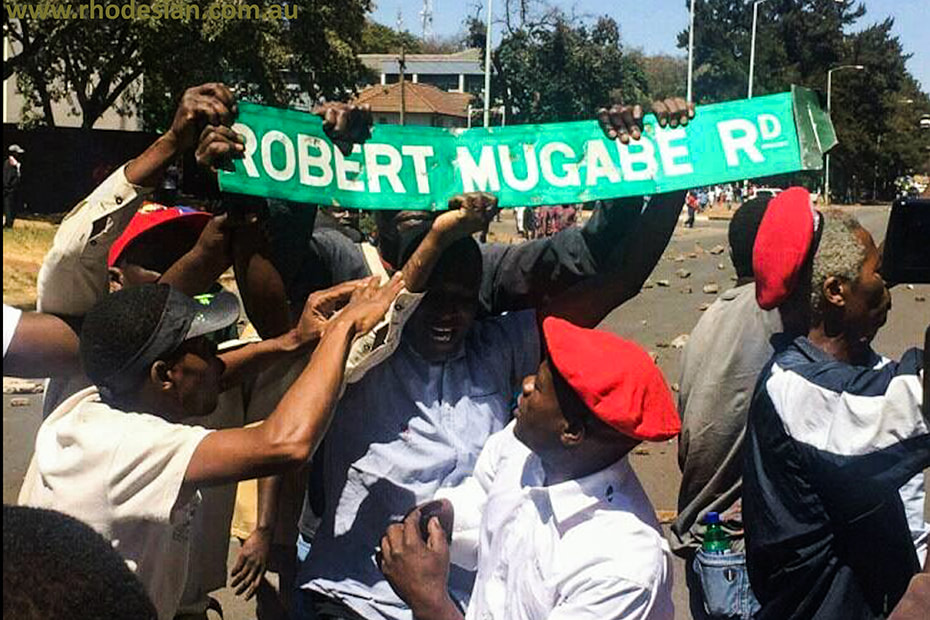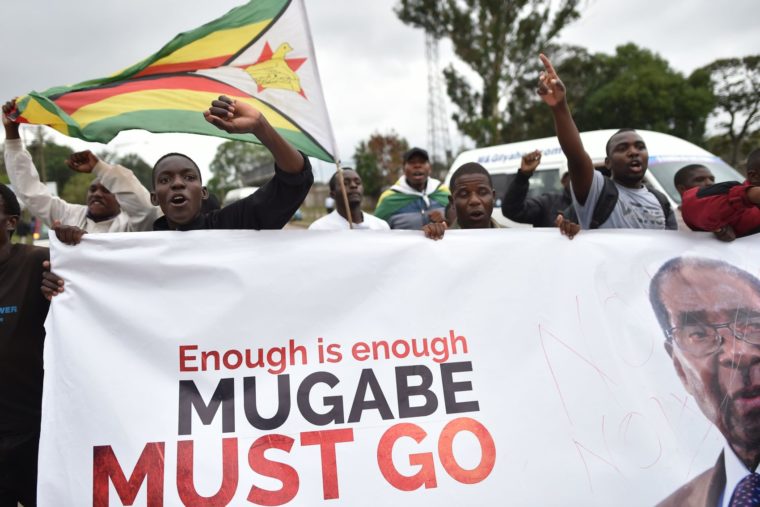
Father Barr slams crony capitalism at Fiji Labour Party Convention
The “greed and self-interest” of a small lobby of employers who exercise undue influence with the government have successfully blocked wage increases for workers for years, Father Kevin Barr told the Fiji Labour Party convention on Saturday.
Speaking on Social Justice and Equity, Father Barr who was appointed independent Chair of 10 Wages Councils in 2008 but resigned in frustration in 2012, said during his 4-year tenure three different proposals for wage increases for the sector, were knocked back by the Bainimarama regime under pressure from a “small group of influential employers”.
“In other words every wage proposal made by the Wages Councils had been opposed by a small group of influential employers. What is worse government allowed this greedy and selfish group of employers to get their own way and crush the hopes and dreams of the workers of the country for modest wage increases to assist them cope with the rapidly increasing cost of living,” he said.
Calling this crony capitalism, he said: “ The Ministry of Labour through the Wages Councils is supposed to be protecting the interests of the workers of the country. However, others in government continually allowed a few of their employer friends to influence them to obstruct the established process and called for delays and decreases.”
Recounting his experience as head of Wages councils, Father Barr said when he took over in 2008, the workers had received no increases for three years.
• 1st proposed increases were to come into effect on 1st February 2009. But “without any consultation, it was announced that, under pressure from a strong lobby of employers, the Wage Regulation Orders would be deferred to 1st July 2009.
• 2nd proposed increases were to come into effect 1July 2010. But was deferred for 10 months until 1st May 2011 and then reduced by 5%.
The deferment and reductions were done without any consultation with the Wages Councils. “The work of the Wages council was being interfered with by some outspoken employers with government,” he said.
No meetings of the Wages Council were held in 2011, he said, because of the stubborn determination of the Permanent Secretary to have a formula which was unacceptable to all parties based on misinterpreted “productivity”.
• 3rd proposed increases were in early 2012 when the Wages Councils next met. These were to come into effect on 15 August 2012. But again without any consultation, it was announced through the media that the wage increases had been deferred to 31st October. Meanwhile, the Wages Councils would be asked to reconsider the increase because of objections from some employers (who were already members of the Wages Councils).
“When I heard the media announcement, I was outraged and considered the lack of proper consultation most unacceptable. It showed no respect for the members of the Wages Councils who had worked so hard to reach consensus... Above all, it showed no concern for the workers – the 60% of those in full time employment who are covered by the Wages Councils and earn below the poverty line (wages).”
Father Barr resigned from Chair of the Council a few days later (18 August 2012) in protest, he said, at the suffering of the workers who were receiving very low wages. And because government was allowing employers to “dominate the 10 Wages Regulation Orders without taking into consideration the plight of the workers.
He told the FLP convention on Saturday that there was a lot of lip service from government on concern for all citizens including the poor and the marginalized, yet it had proved to be “pro-investor and anti-worker”.
The 20% devaluation of the dollar (April 2009) forced food prices up 38% and building materials 29% but wages remained the same. He said the increase in the national minimum wage to $2.68c an hour this year, was “totally inadequate in terms of justice”.
Father Barr said those who spoke out in protest against such treatment of workers were making a stand against the “injustices perpetrated on our workers.
“It is a stand against greed and selfishness and a lack of concern for the needs of workers and their families. It is a stand for justice. Our concern about wages has been motivated in large part by the growth in poverty and inequality and the serious effect it has on the families of workers.”
The “greed and self-interest” of a small lobby of employers who exercise undue influence with the government have successfully blocked wage increases for workers for years, Father Kevin Barr told the Fiji Labour Party convention on Saturday.
Speaking on Social Justice and Equity, Father Barr who was appointed independent Chair of 10 Wages Councils in 2008 but resigned in frustration in 2012, said during his 4-year tenure three different proposals for wage increases for the sector, were knocked back by the Bainimarama regime under pressure from a “small group of influential employers”.
“In other words every wage proposal made by the Wages Councils had been opposed by a small group of influential employers. What is worse government allowed this greedy and selfish group of employers to get their own way and crush the hopes and dreams of the workers of the country for modest wage increases to assist them cope with the rapidly increasing cost of living,” he said.
Calling this crony capitalism, he said: “ The Ministry of Labour through the Wages Councils is supposed to be protecting the interests of the workers of the country. However, others in government continually allowed a few of their employer friends to influence them to obstruct the established process and called for delays and decreases.”
Recounting his experience as head of Wages councils, Father Barr said when he took over in 2008, the workers had received no increases for three years.
• 1st proposed increases were to come into effect on 1st February 2009. But “without any consultation, it was announced that, under pressure from a strong lobby of employers, the Wage Regulation Orders would be deferred to 1st July 2009.
• 2nd proposed increases were to come into effect 1July 2010. But was deferred for 10 months until 1st May 2011 and then reduced by 5%.
The deferment and reductions were done without any consultation with the Wages Councils. “The work of the Wages council was being interfered with by some outspoken employers with government,” he said.
No meetings of the Wages Council were held in 2011, he said, because of the stubborn determination of the Permanent Secretary to have a formula which was unacceptable to all parties based on misinterpreted “productivity”.
• 3rd proposed increases were in early 2012 when the Wages Councils next met. These were to come into effect on 15 August 2012. But again without any consultation, it was announced through the media that the wage increases had been deferred to 31st October. Meanwhile, the Wages Councils would be asked to reconsider the increase because of objections from some employers (who were already members of the Wages Councils).
“When I heard the media announcement, I was outraged and considered the lack of proper consultation most unacceptable. It showed no respect for the members of the Wages Councils who had worked so hard to reach consensus... Above all, it showed no concern for the workers – the 60% of those in full time employment who are covered by the Wages Councils and earn below the poverty line (wages).”
Father Barr resigned from Chair of the Council a few days later (18 August 2012) in protest, he said, at the suffering of the workers who were receiving very low wages. And because government was allowing employers to “dominate the 10 Wages Regulation Orders without taking into consideration the plight of the workers.
He told the FLP convention on Saturday that there was a lot of lip service from government on concern for all citizens including the poor and the marginalized, yet it had proved to be “pro-investor and anti-worker”.
The 20% devaluation of the dollar (April 2009) forced food prices up 38% and building materials 29% but wages remained the same. He said the increase in the national minimum wage to $2.68c an hour this year, was “totally inadequate in terms of justice”.
Father Barr said those who spoke out in protest against such treatment of workers were making a stand against the “injustices perpetrated on our workers.
“It is a stand against greed and selfishness and a lack of concern for the needs of workers and their families. It is a stand for justice. Our concern about wages has been motivated in large part by the growth in poverty and inequality and the serious effect it has on the families of workers.”
The brick layers who laid the foundation for Bainimarama to cement coup
US Ambassador Larry Dinger to Washington (28 January 2008). Dinger added in his secret cable: "After the long-delayed and controversial appointment of the final member of the Electoral Boundaries Commission, the EBC said it is ready to begin evaluation of last September's census data. Chaudhry suggested census data "is not yet fully available;" however, that is deceptive. The numbers and categories needed for electoral boundary purposes have reportedly been on record since October. The current three-member Electoral Commission was appointed by the IG and reportedly has a slant toward
Chaudhry's Fiji Labor Party."
BREAKING NEWS:
However, it is thought Mugabe spent considerable time thrashing out immunity for him and his family. It is not known whether he will be allowed to retire to one of his many plush homes or forced into exile

August 11, 2006
BY VICTOR LAL
Fiji Labour Party needs leadership change
In another country, the Leader of the Opposition after loosing a parliamentary election for the second time in his political career might have gracefully stepped down. Even if the leader lost with a razor-thin minority, it is never prudent for him to cling onto the leadership.
Such a practice is disdainfully frowned upon in most democratic systems, except in Africa, where dictatorial leaders hold onto party leadership in the hope of capturing power at the next election.
On the other hand, if the twice-defeated party leader in a western-style democracy refuses to relinquish control, he is humiliatingly forced out of the Opposition office through a ‘palace coup’ by one or some of his colleagues, supporters, or by a potential challenger.
Why should the Fiji Labor Party change its leader? Firstly, Mahendra Pal Chaudhry had his chance in 2001, and now again in the 2006 general election, to wrest political control of the nation from the Laisenia Qarase-led SDL party, but has failed. This should be sufficient ground for him to take a parliamentary back seat, and let another Fiji Labor Party parliamentarian take the helm. As his deputy Poseci Bune indicated during the campaign, there are parliamentarians in the party who have the clout and the experience to even become Prime Minister.
Secondly, I still believe that it was a strategic blunder on the part of Mr. Chaudhry to have boycotted Parliament for a long spell over the issue of the allocation of Cabinet portfolios following the 2001 elections. I pleaded with him [through my Fiji Sun political column] to be visibly and vocally present in Parliament while continuing to pursue his legal case but it was to no avail. After all, his new found coalition partner Mick Beddoes, had stepped in and did a sterling job as Opposition leader.
Mr. Chaudhry’s entire political posture on the land issue, despite his genuine concern for the Indo-Fijian tenant farmers, was a potential vote loser among the Fijian voters. It would be no exaggeration to suggest that its Coalition partner [Party of National Unity] PANU felt the full brunt of the Fiji Labor Party’s posturing on the land question at the ballot box. The SDL was able to privately persuade the Fijian voters that PANU would not hesitate to ‘sell’ the landowners in a post Chaudhry-led government.
What other explanation can be put forward to explain why PANU was trounced in its own backyard in Ba and other western constituencies? Cynics will attribute it to the politics of preference sharing and the electoral system.
Thirdly, despite being frequently described as a wily and cunning old political fox and one of the shrewdest of political operators in the country, I think Mr. Chaudhry miserably failed to take the Fijian pulse and gauge the political tempo of the 2006 election. I was surprised that, having secured the Indo-Fijian communal seats through last-minute deals with the National Federation Party, he again popped up in the midst of electioneering to explain the alleged frauds and malpractices in terms of race i.e. that there was a sinister plot to disenfranchise the Indo-Fijian voters.
Elections, after all, are about winning, and Mr. Qarase played his cards very cleverly and strategically. For example, once he forcefully made the point that Fiji was still not ready for an Indo-Fijian Prime Minister, his view, even if it was construed as racist, was relegated to the political backburner. Mr. Chaudhry did not have the same fall back opportunity. He still needed the Fijian voters to make up the winning numbers.
Worse, by speaking the counterfeit sudh (standard) Hindi, the Fiji Labor Party failed to reach the 30 per cent of Fijians who speak Fiji Hindi. These are just some of the reasons why I personally think it is time for Mr. Chaudhry to honorably relinquish the party leadership. And if he refuses to go, well, it is up to those parliamentarians with clout and experience to become the next Prime Minister, to come out of his political shadow.
Leaders and supporters come and go but the party has a life of its own.
There is nothing stopping Mr Chaudhry from becoming the elder statesman of the party that he helped found in 1985 with many visionary and multi-racialist native Fijians. The Fiji Labour Party blunderingly placed all its political eggs in one basket: it calculated that if it won at least 30 seats, and PANU and UPP their share of seats, it would go on to form the next government. It was also hoping that the leader of the National Alliance Party, Ratu Epeli Ganilau, was going to win his seat until the NFP disclosed its preference against the paramount chief.
It also seems likely that the Fiji Labor Party had expected that Commodore Frank Bainimarama’s frightening and threatening statements might just persuade a sufficient number of Fijian voters to swing the results in the Fiji Labor Party-UPP-PANU’s favour. I had thought otherwise, that the Commodore’s intervention in politics would backfire on the Fiji Labor Party.
Why does the Fiji Labor Party need a new leader? There are other indisputable reasons.
This was the last general election where race really mattered. In 2011 the Fijians will be the majority of the voters, and fully groomed in democratic politics. For this reason, the Fiji Labour Party will have to broaden its outlook, and cannot rely on Indo-Fijian voters in the Open seats to win future elections.
When his own political obituary is written one day, Mr Chaudhry’s Fijian political rivals will sorely miss him: his towering and controversial presence on the political stage has so far welded the taukei Fijians into one political unit.
His presence has suppressed the politics of tribalism and regionalism so rampant on the continent of Africa, where their own ‘Chief Lutunasobasobas’, after expelling or marginalising the Asians (Indians) in their midst, are tearing their countries apart as they vie for political, economic, and military supremacy.
The Fiji Labor Party needs a complete political makeover if it is to win the next general election. It needs to attract significant taukei Fijian political ‘kai vatas’ of its own to achieve that goal.
And the Indo-Fijian farmers will have to realise that in the rapidly changing demography they, and not their political representatives, will ultimately pay a price if they leave the decision on the land question in the hands of their new chosen Fiji Labour Party Members of Parliament.
Fijileaks: On 5 December 2006 Frank Bainimarama overthrew the SDL-FLP multi-party government. Chaudhry informed US ambassador Larry Dinger that he was rushing to join the Interim Cabinet as coupist Bainimarama's Finance Minister, Minister for Sugar and other portfolios
BY VICTOR LAL
Fiji Labour Party needs leadership change
In another country, the Leader of the Opposition after loosing a parliamentary election for the second time in his political career might have gracefully stepped down. Even if the leader lost with a razor-thin minority, it is never prudent for him to cling onto the leadership.
Such a practice is disdainfully frowned upon in most democratic systems, except in Africa, where dictatorial leaders hold onto party leadership in the hope of capturing power at the next election.
On the other hand, if the twice-defeated party leader in a western-style democracy refuses to relinquish control, he is humiliatingly forced out of the Opposition office through a ‘palace coup’ by one or some of his colleagues, supporters, or by a potential challenger.
Why should the Fiji Labor Party change its leader? Firstly, Mahendra Pal Chaudhry had his chance in 2001, and now again in the 2006 general election, to wrest political control of the nation from the Laisenia Qarase-led SDL party, but has failed. This should be sufficient ground for him to take a parliamentary back seat, and let another Fiji Labor Party parliamentarian take the helm. As his deputy Poseci Bune indicated during the campaign, there are parliamentarians in the party who have the clout and the experience to even become Prime Minister.
Secondly, I still believe that it was a strategic blunder on the part of Mr. Chaudhry to have boycotted Parliament for a long spell over the issue of the allocation of Cabinet portfolios following the 2001 elections. I pleaded with him [through my Fiji Sun political column] to be visibly and vocally present in Parliament while continuing to pursue his legal case but it was to no avail. After all, his new found coalition partner Mick Beddoes, had stepped in and did a sterling job as Opposition leader.
Mr. Chaudhry’s entire political posture on the land issue, despite his genuine concern for the Indo-Fijian tenant farmers, was a potential vote loser among the Fijian voters. It would be no exaggeration to suggest that its Coalition partner [Party of National Unity] PANU felt the full brunt of the Fiji Labor Party’s posturing on the land question at the ballot box. The SDL was able to privately persuade the Fijian voters that PANU would not hesitate to ‘sell’ the landowners in a post Chaudhry-led government.
What other explanation can be put forward to explain why PANU was trounced in its own backyard in Ba and other western constituencies? Cynics will attribute it to the politics of preference sharing and the electoral system.
Thirdly, despite being frequently described as a wily and cunning old political fox and one of the shrewdest of political operators in the country, I think Mr. Chaudhry miserably failed to take the Fijian pulse and gauge the political tempo of the 2006 election. I was surprised that, having secured the Indo-Fijian communal seats through last-minute deals with the National Federation Party, he again popped up in the midst of electioneering to explain the alleged frauds and malpractices in terms of race i.e. that there was a sinister plot to disenfranchise the Indo-Fijian voters.
Elections, after all, are about winning, and Mr. Qarase played his cards very cleverly and strategically. For example, once he forcefully made the point that Fiji was still not ready for an Indo-Fijian Prime Minister, his view, even if it was construed as racist, was relegated to the political backburner. Mr. Chaudhry did not have the same fall back opportunity. He still needed the Fijian voters to make up the winning numbers.
Worse, by speaking the counterfeit sudh (standard) Hindi, the Fiji Labor Party failed to reach the 30 per cent of Fijians who speak Fiji Hindi. These are just some of the reasons why I personally think it is time for Mr. Chaudhry to honorably relinquish the party leadership. And if he refuses to go, well, it is up to those parliamentarians with clout and experience to become the next Prime Minister, to come out of his political shadow.
Leaders and supporters come and go but the party has a life of its own.
There is nothing stopping Mr Chaudhry from becoming the elder statesman of the party that he helped found in 1985 with many visionary and multi-racialist native Fijians. The Fiji Labour Party blunderingly placed all its political eggs in one basket: it calculated that if it won at least 30 seats, and PANU and UPP their share of seats, it would go on to form the next government. It was also hoping that the leader of the National Alliance Party, Ratu Epeli Ganilau, was going to win his seat until the NFP disclosed its preference against the paramount chief.
It also seems likely that the Fiji Labor Party had expected that Commodore Frank Bainimarama’s frightening and threatening statements might just persuade a sufficient number of Fijian voters to swing the results in the Fiji Labor Party-UPP-PANU’s favour. I had thought otherwise, that the Commodore’s intervention in politics would backfire on the Fiji Labor Party.
Why does the Fiji Labor Party need a new leader? There are other indisputable reasons.
This was the last general election where race really mattered. In 2011 the Fijians will be the majority of the voters, and fully groomed in democratic politics. For this reason, the Fiji Labour Party will have to broaden its outlook, and cannot rely on Indo-Fijian voters in the Open seats to win future elections.
When his own political obituary is written one day, Mr Chaudhry’s Fijian political rivals will sorely miss him: his towering and controversial presence on the political stage has so far welded the taukei Fijians into one political unit.
His presence has suppressed the politics of tribalism and regionalism so rampant on the continent of Africa, where their own ‘Chief Lutunasobasobas’, after expelling or marginalising the Asians (Indians) in their midst, are tearing their countries apart as they vie for political, economic, and military supremacy.
The Fiji Labor Party needs a complete political makeover if it is to win the next general election. It needs to attract significant taukei Fijian political ‘kai vatas’ of its own to achieve that goal.
And the Indo-Fijian farmers will have to realise that in the rapidly changing demography they, and not their political representatives, will ultimately pay a price if they leave the decision on the land question in the hands of their new chosen Fiji Labour Party Members of Parliament.
Fijileaks: On 5 December 2006 Frank Bainimarama overthrew the SDL-FLP multi-party government. Chaudhry informed US ambassador Larry Dinger that he was rushing to join the Interim Cabinet as coupist Bainimarama's Finance Minister, Minister for Sugar and other portfolios
